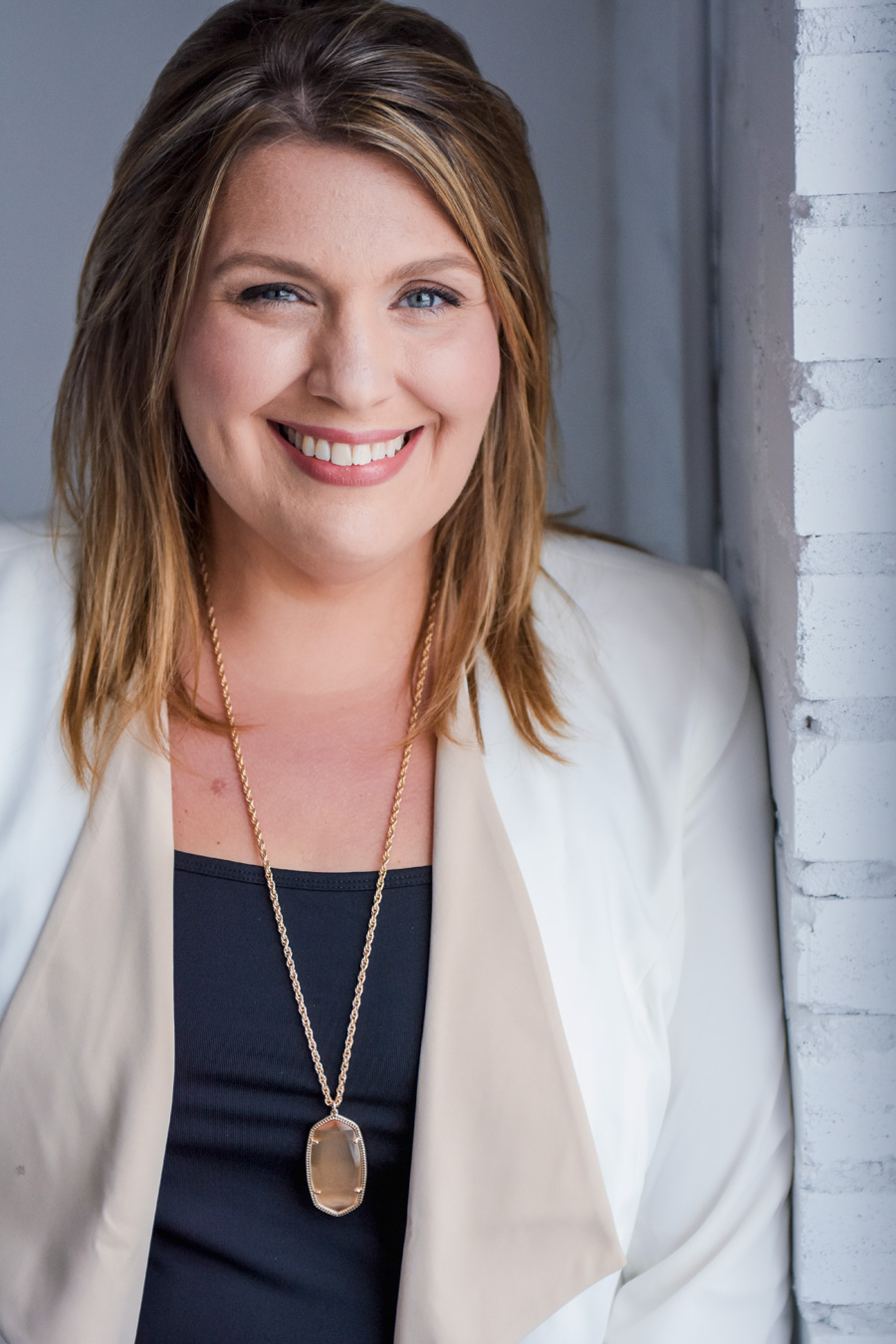
Nicole Bereolos ('07 Ph.D.) knows it isn't easy. She knows that living with chronic illness is a 24/7 struggle. She knows how tempting it can be to throw in the towel. And she knows giving up is a lot less likely for those who refuse to tackle their challenges alone.
Bereolos knows all of these things because she's been on both sides. At 12, she was diagnosed with Type 1 diabetes, at 20 with polycystic ovary syndrome, and at 30 with Hashimoto's thyroiditis. She entered graduate school determined to help those battling chronic illness, and in 2007, received her Ph.D. in clinical health psychology and behavioral medicine from UNT -- in conjunction with the UNT Health Science Center -- in order to do just that.
"Having these chronic illnesses, I've had to learn advocacy on my own part, to fight for myself," Bereolos says. "I want to help others find their own voice."
Now, Bereolos, who also is a certified diabetes educator, owns three psychology clinics in Dallas, McKinney and Sherman, where she sees people for a wide range of issues including adjustment to chronic illness, diabetes management and depression.
"People come in worried about issues like their finances and just keeping up their hope," she says. "We talk about the challenges and barriers with these illnesses, things like managing life demands or weight struggles or that it's OK to fire your doctor -- you are the CEO of your health."
And, she adds, it's important to recognize that emotional health is just as key to the treatment of chronic illness as physical health. She frequently speaks at national conferences, where she advocates for psychologists becoming part of a patient's medical team beginning with diagnosis.
"Most of the time, patients are sent to me as a last resort, and they come in feeling like they're being punished," she says. "But psychologists can help people learn how to place themselves -- not their condition -- at the center, so they can live a full life."